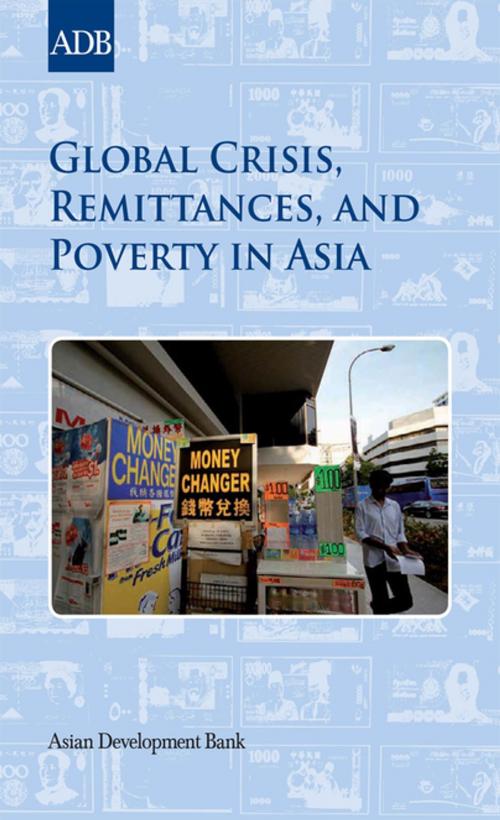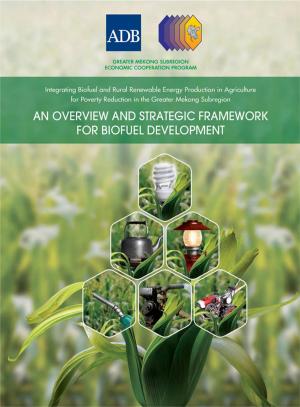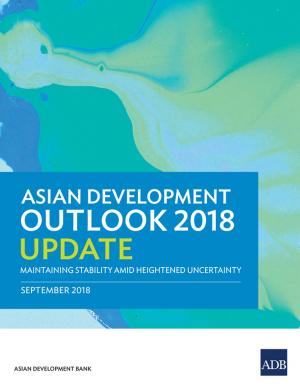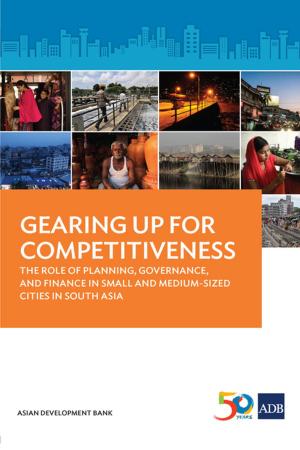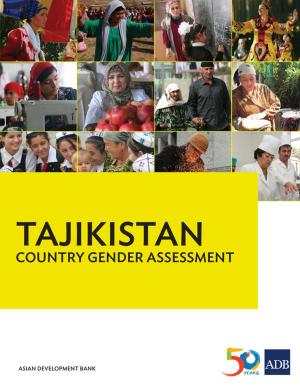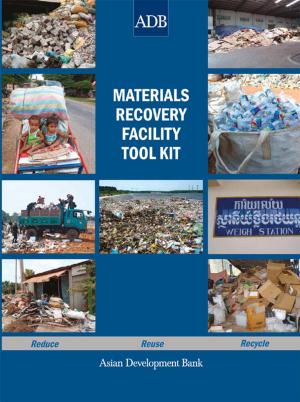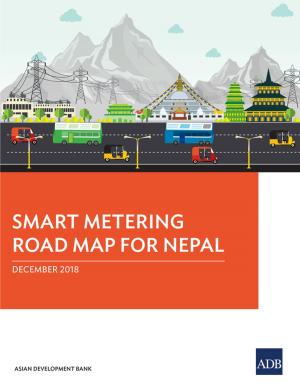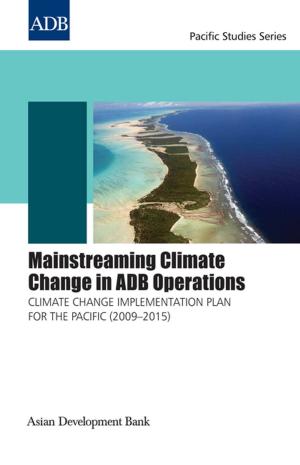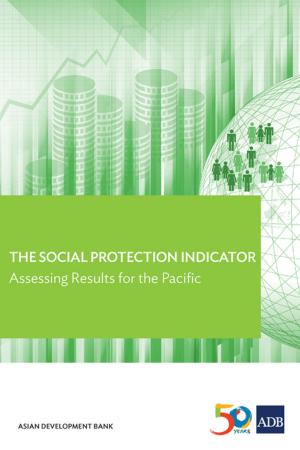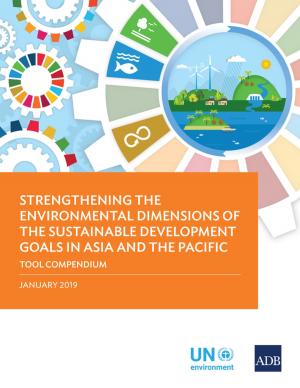Global Crisis, Remittances, and Poverty in Asia
Business & Finance, Economics, Microeconomics, Economic Conditions| Author: | Asian Development Bank | ISBN: | 9789290926993 |
| Publisher: | Asian Development Bank | Publication: | May 1, 2012 |
| Imprint: | Asian Development Bank | Language: | English |
| Author: | Asian Development Bank |
| ISBN: | 9789290926993 |
| Publisher: | Asian Development Bank |
| Publication: | May 1, 2012 |
| Imprint: | Asian Development Bank |
| Language: | English |
This publication presents a comprehensive discussion on the impact of the global financial crisis (2008–2009) on certain Asian economies at different levels of analysis---showcasing cross-country regression, computable general equilibrium modeling, and microeconometric modeling for Bangladesh, Indonesia, Pakistan, the Philippines, and Viet Nam. Using different measures of remittances, cross-country regression analyses suggest that a 10% increase in remittances leads to a 3%–4% rise in real gross domestic product per capita. At the same time, the analyses show that remittances exert a negative impact on aggregate poverty. Moreover, these money transfers from abroad exert important impacts on the macroeconomy that include improving external current accounts, alleviating debt burdens, appreciation of domestic currencies, and moderating inflation.
This publication presents a comprehensive discussion on the impact of the global financial crisis (2008–2009) on certain Asian economies at different levels of analysis---showcasing cross-country regression, computable general equilibrium modeling, and microeconometric modeling for Bangladesh, Indonesia, Pakistan, the Philippines, and Viet Nam. Using different measures of remittances, cross-country regression analyses suggest that a 10% increase in remittances leads to a 3%–4% rise in real gross domestic product per capita. At the same time, the analyses show that remittances exert a negative impact on aggregate poverty. Moreover, these money transfers from abroad exert important impacts on the macroeconomy that include improving external current accounts, alleviating debt burdens, appreciation of domestic currencies, and moderating inflation.
